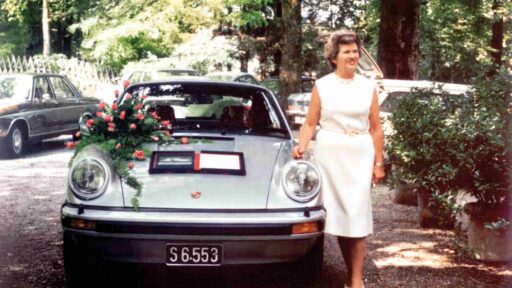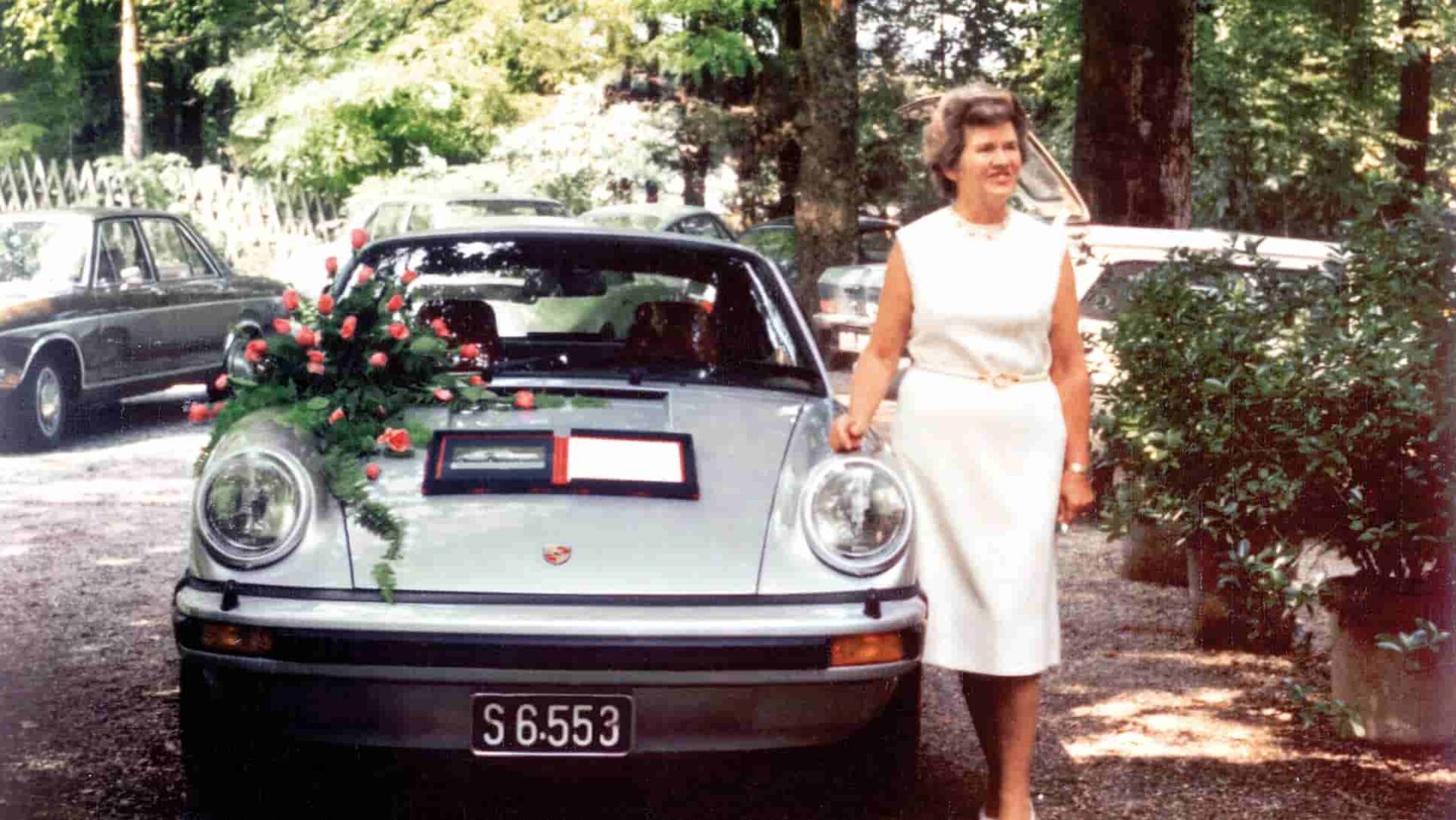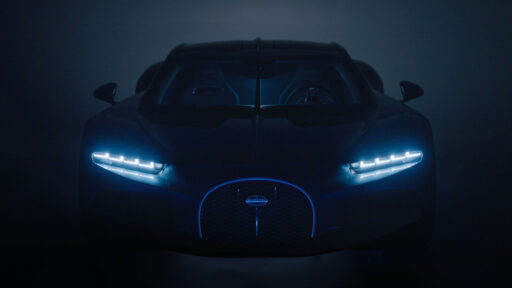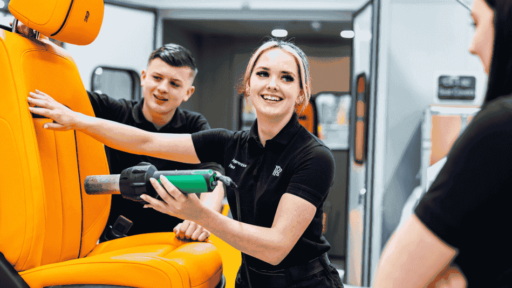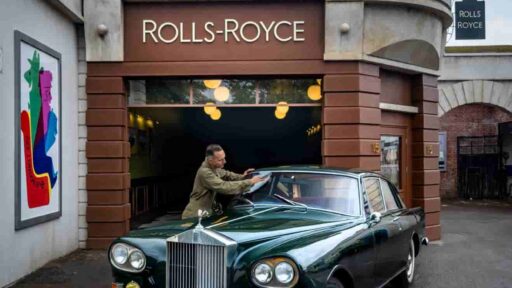In 1974, Porsche marked a milestone with the first series production of its 911 Turbo engine—a prototype destined as a 70th birthday gift for Louise Piëch, an influential figure in the Porsche and Piëch families. Beyond her love of fast cars, Louise Piëch was known for her success as a businesswoman, hunter, and painter.
Ferry Porsche, her younger brother, presented her with the 911 Turbo “No. 1,” a one-of-a-kind model that symbolized a technical breakthrough.
The sleek design, featuring a 2.7-liter supercharged engine producing 240 PS, paved the way for Porsche’s future high-performance vehicles. Unlike later production models, this prototype lacked the iconic wide fender extensions but included the distinctive rear wing known as the whale tail.
READ MORE: Celebrating 50 Years of the First Lamborghini Countach in Sant’Agata Bolognese
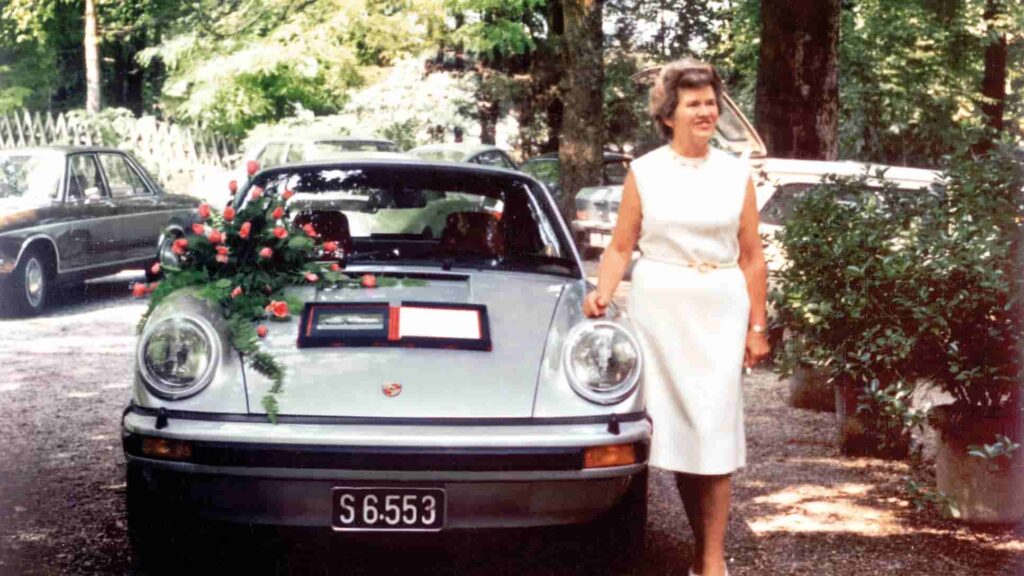
Born in 1904 in Vienna as the first child of Aloisia and Ferdinand Porsche, Louise grew up surrounded by cars. Her father’s passion for automotive engineering and racing became a family tradition.
She inherited this enthusiasm, and by her teenage years, Louise was already a seasoned driver. She even made a name for herself in motorsport, competing in events such as the Süddeutsche Tourenfahrt in the 1920s—a rarity for women at the time.
Though her racing career was brief, Louise Piëch remained deeply connected to the world of cars. After marrying Viennese attorney Anton Piëch in 1928, she continued her involvement in her father’s business.
When Ferdinand Porsche founded his design office in 1931, Louise became a key player, helping to safeguard and expand the family business, especially in the difficult post-war years.
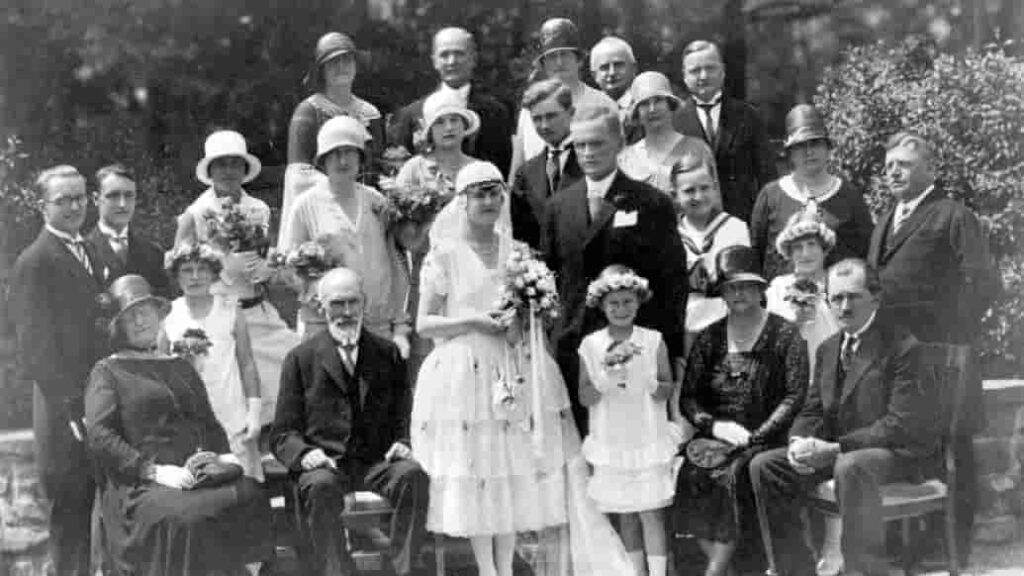
Following World War II, Louise was instrumental in relocating the Porsche design office to Gmünd, Austria, and keeping the company afloat. Under her leadership, the firm took on various contracts, including the construction of a Grand Prix car for the Cisitalia brand, which helped secure the company’s future. In 1948, Porsche’s first sports car, the 356 “No. 1” Roadster, was developed, marking the start of the brand’s rise in the automotive world.
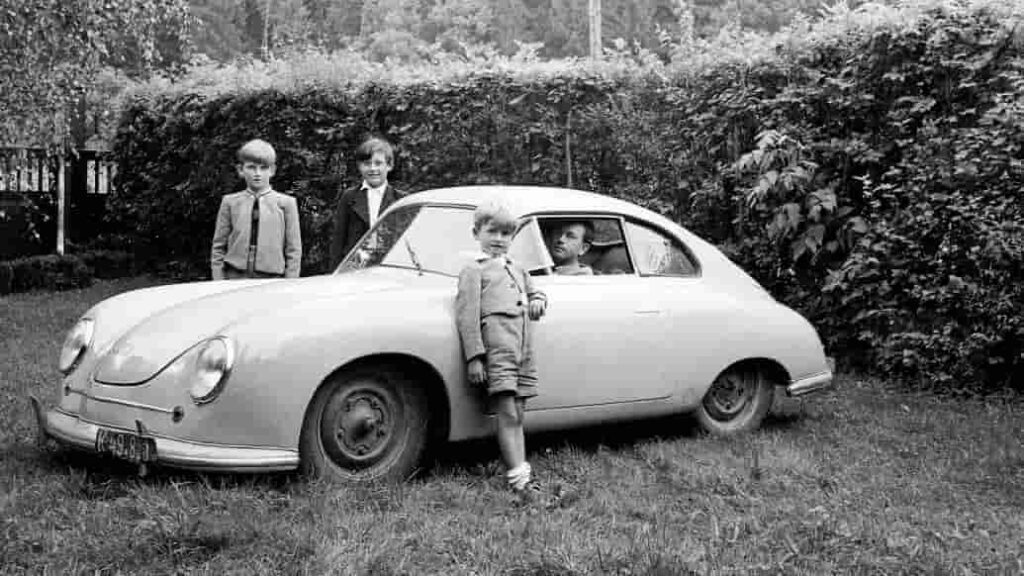
Louise’s business acumen was evident in her management of Porsche’s Salzburg-based operations. She and her husband built one of the largest automobile trading companies in Europe, ensuring the Porsche family’s legacy. In 1971, both she and Ferry Porsche decided that family members should step back from operational roles, entrusting the company’s future to external management.
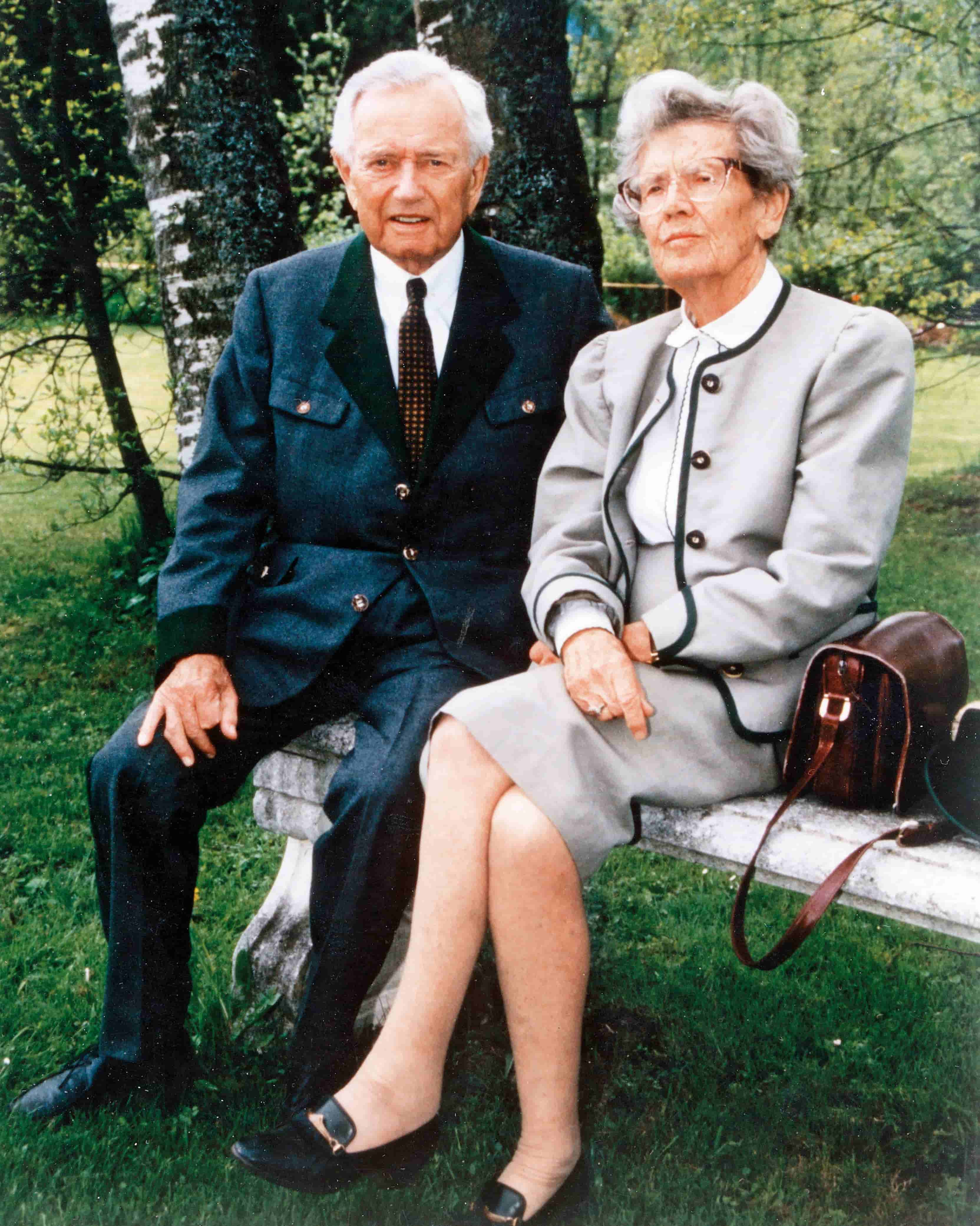
Even into her later years, Louise remained deeply connected to Porsche, still enjoying the thrill of driving at 90. She passed away in 1999, leaving behind a profound legacy that shaped the Porsche brand and its role in the high-performance car industry.
Source: First Lady of Porsche: Louise Piëch and the Iconic 911 Turbo ‘No. 1’
Subscribe today for the freshest car news delivered to your inbox
